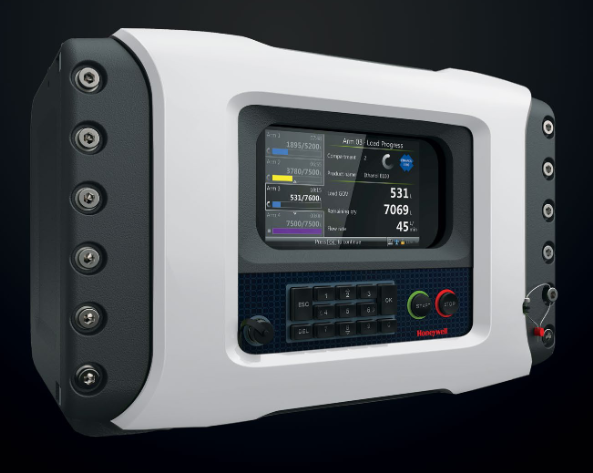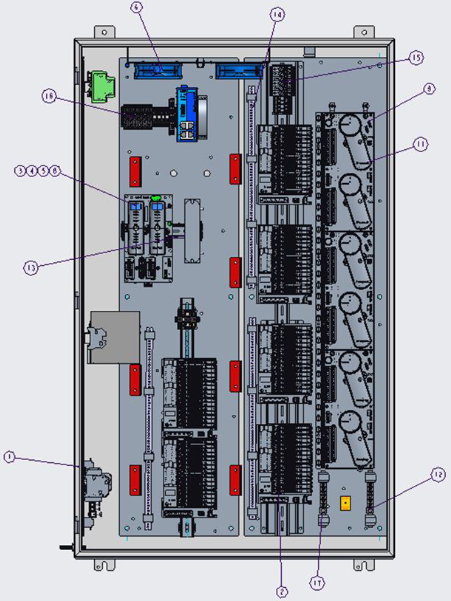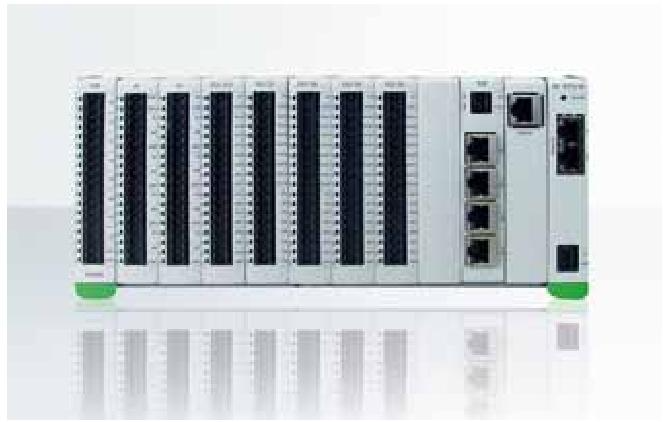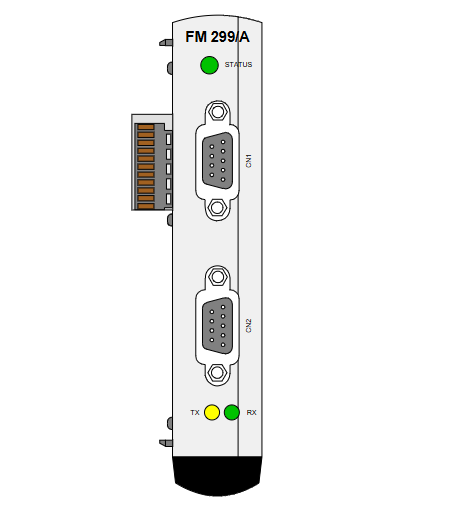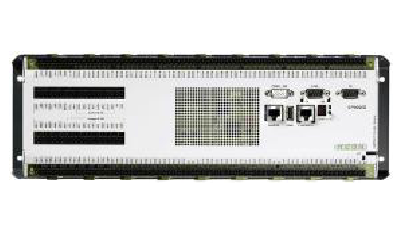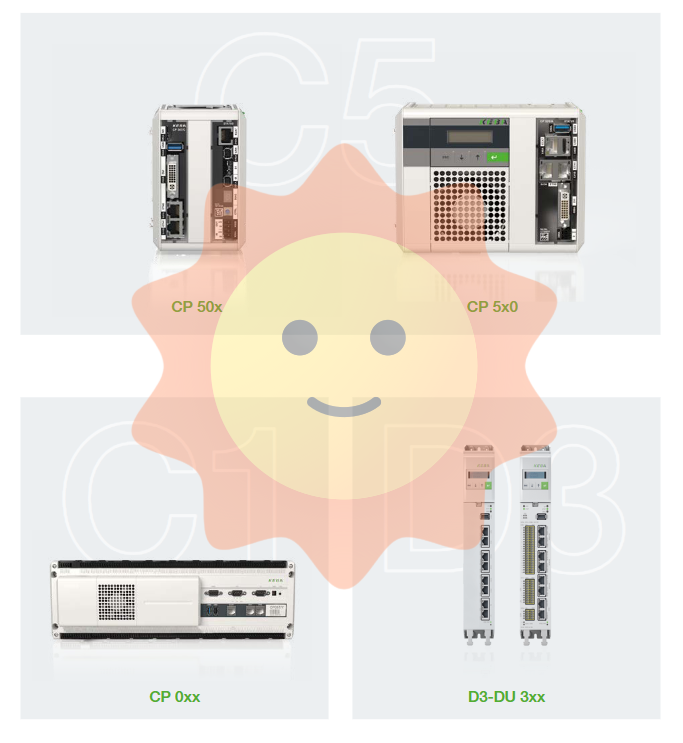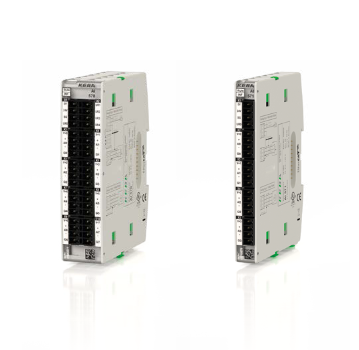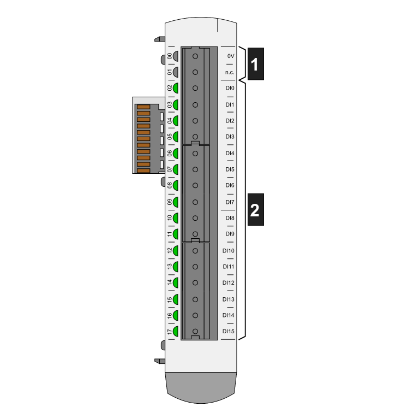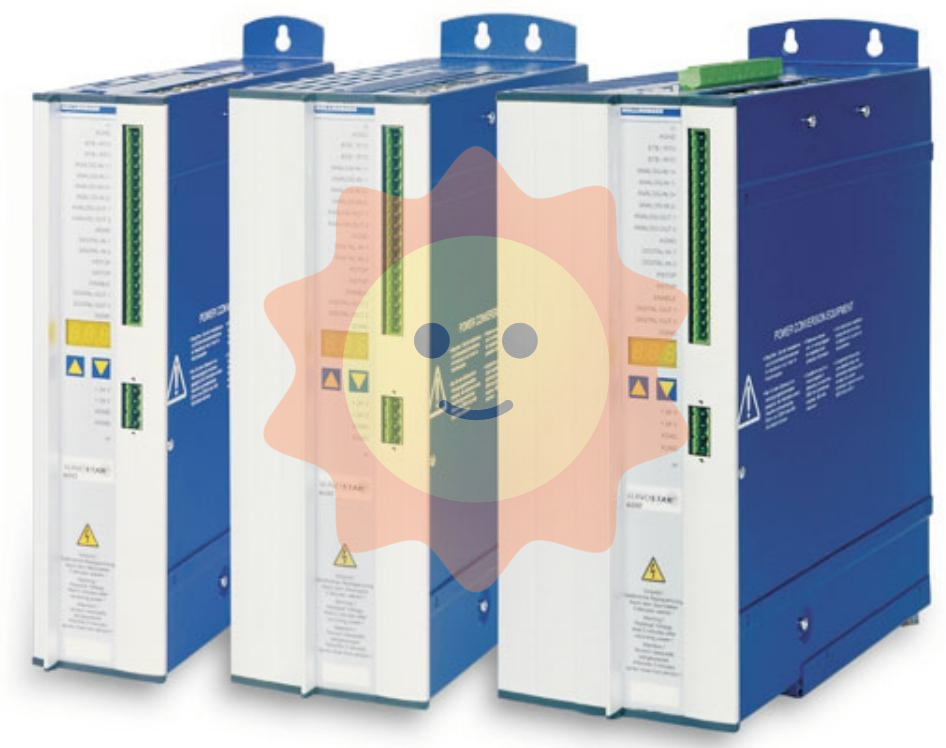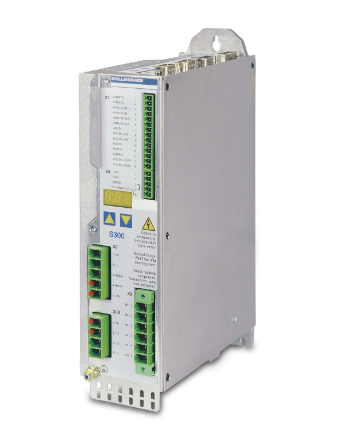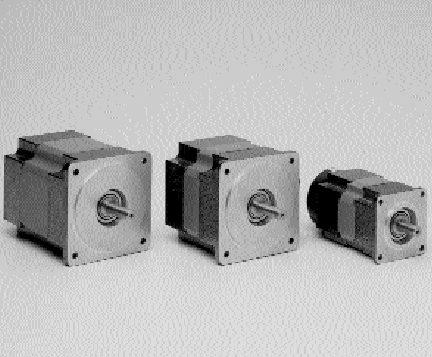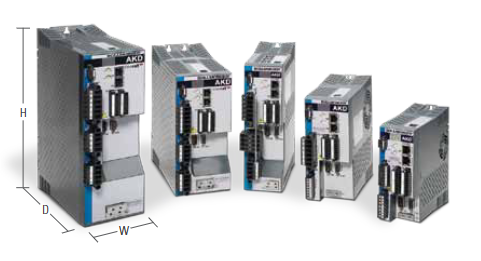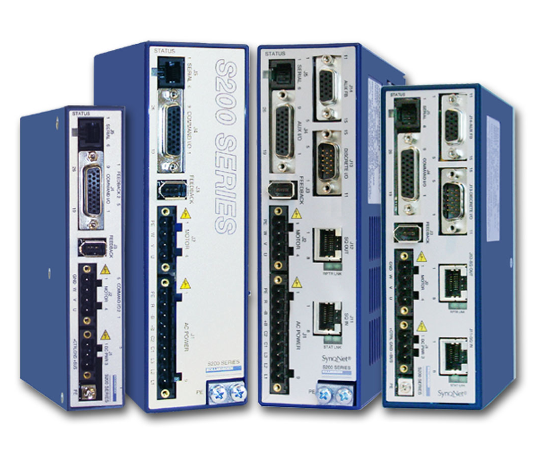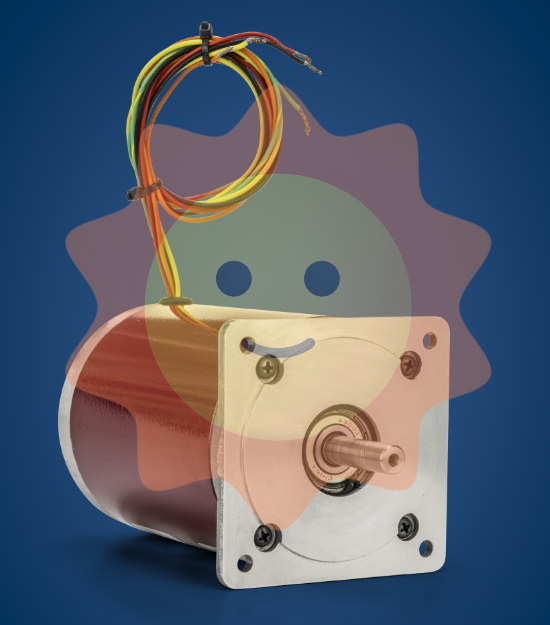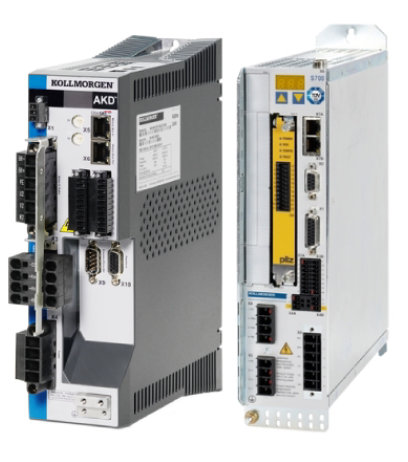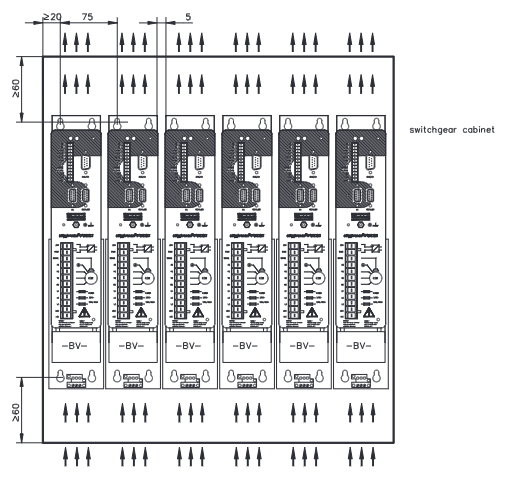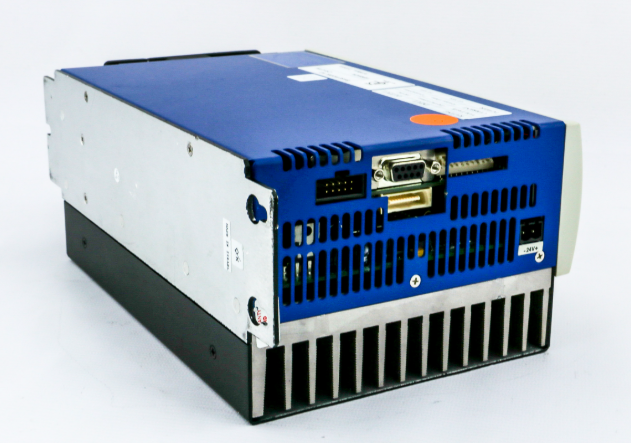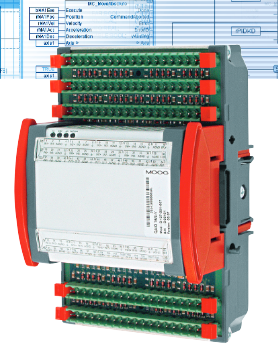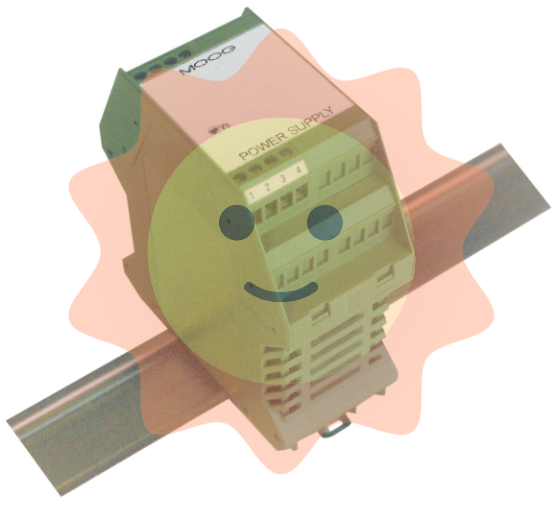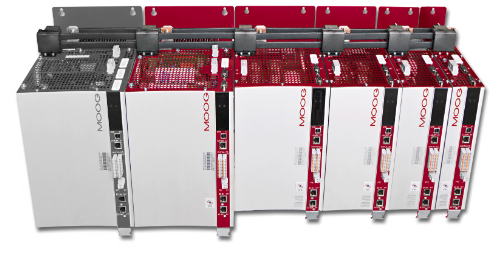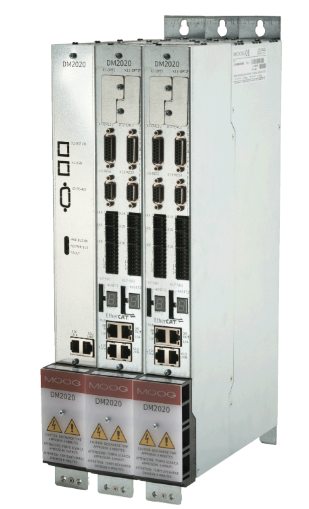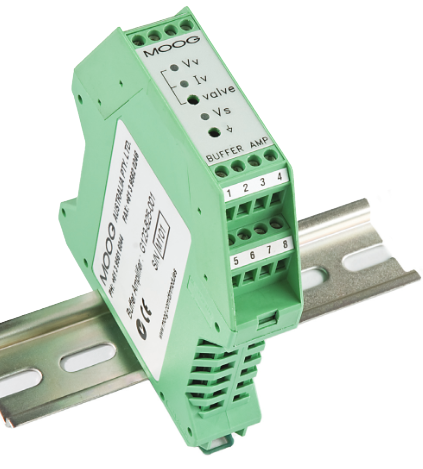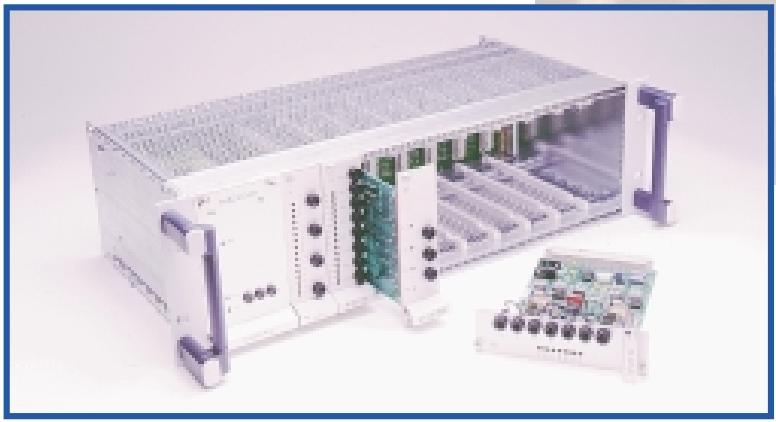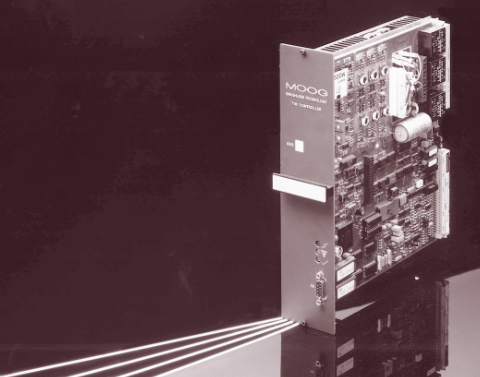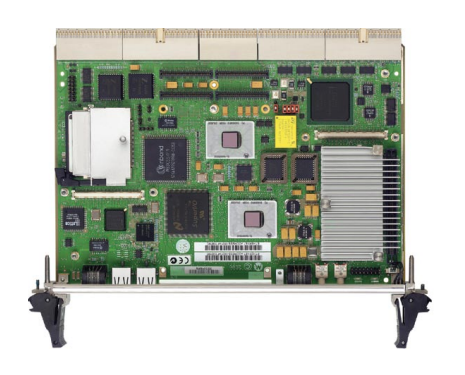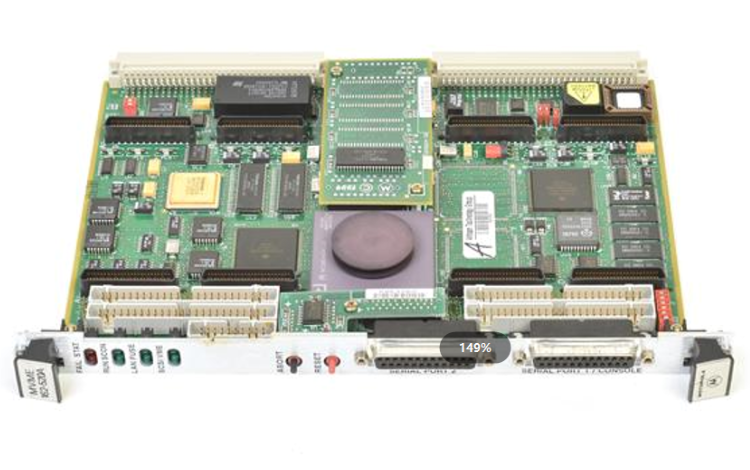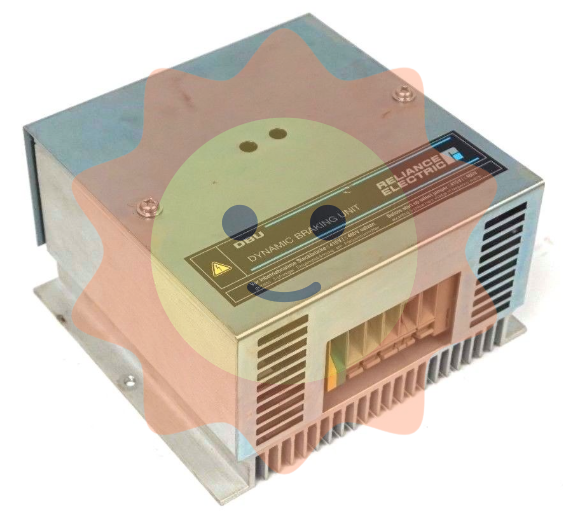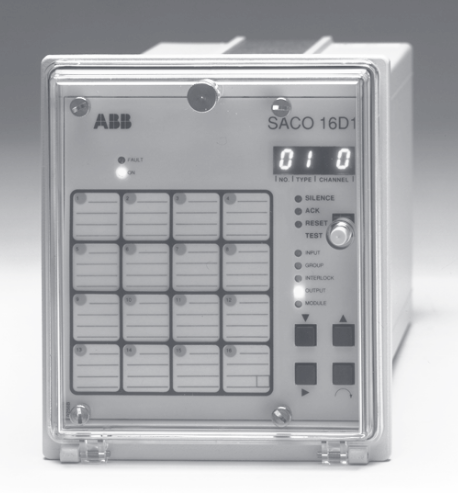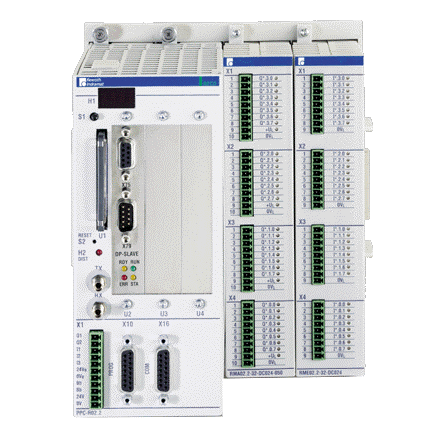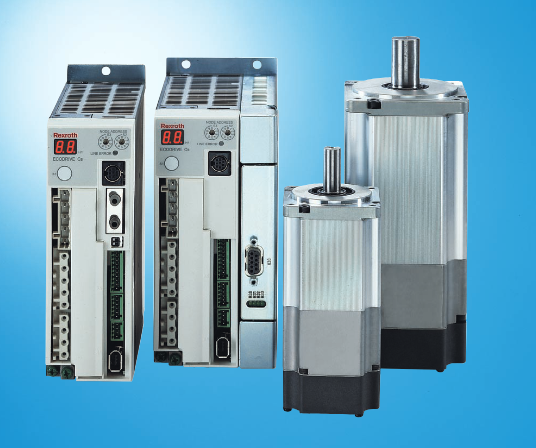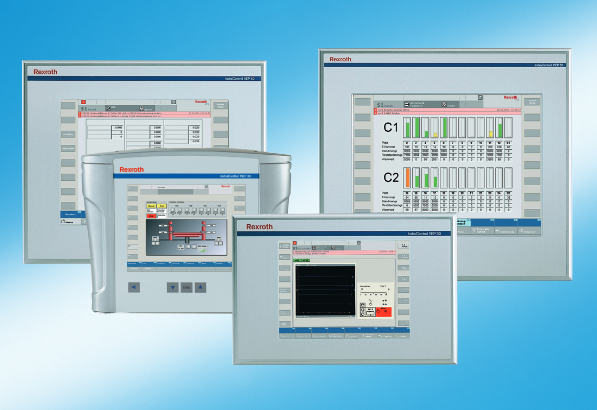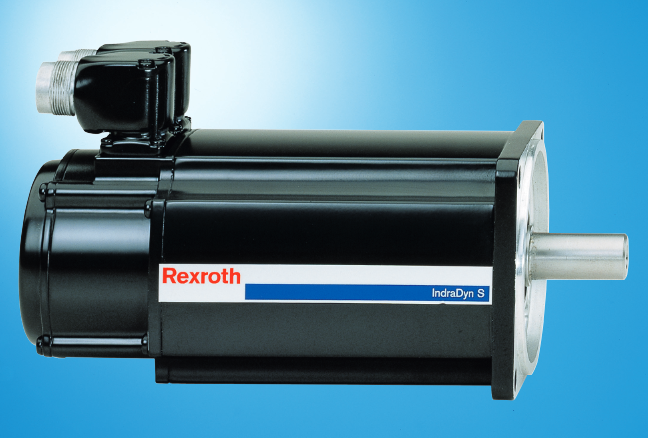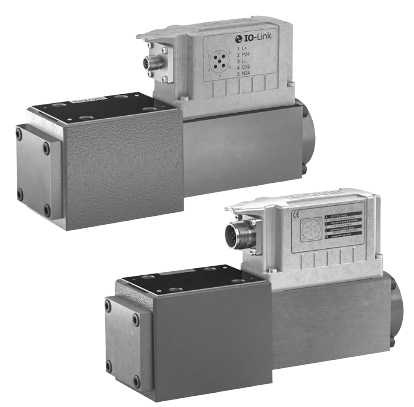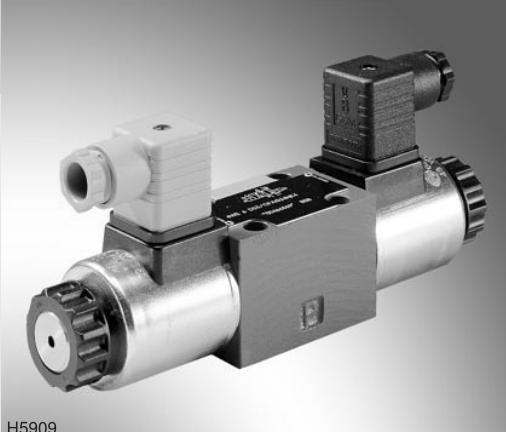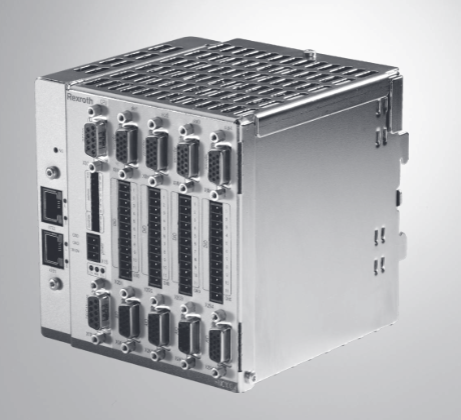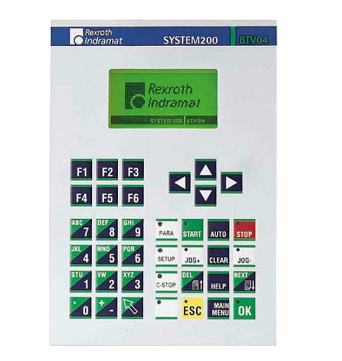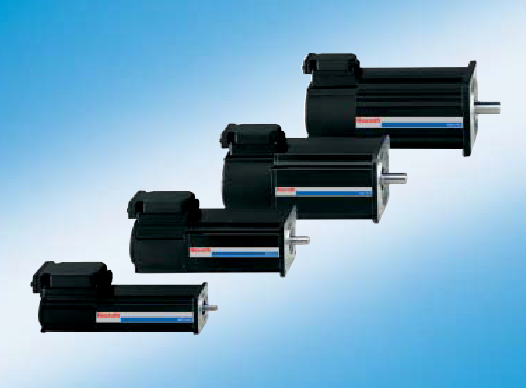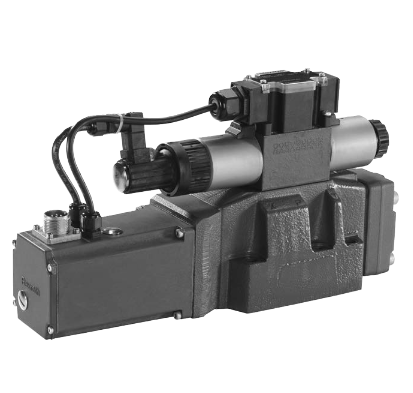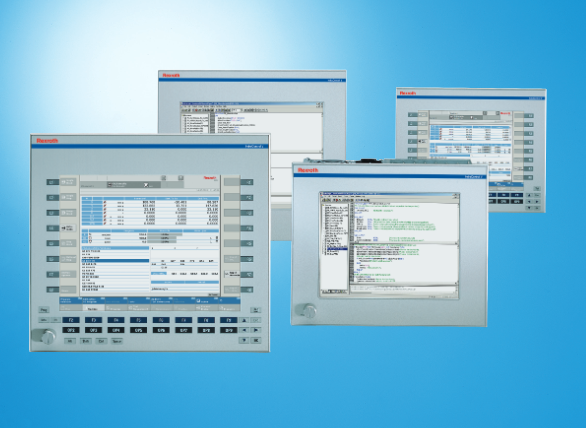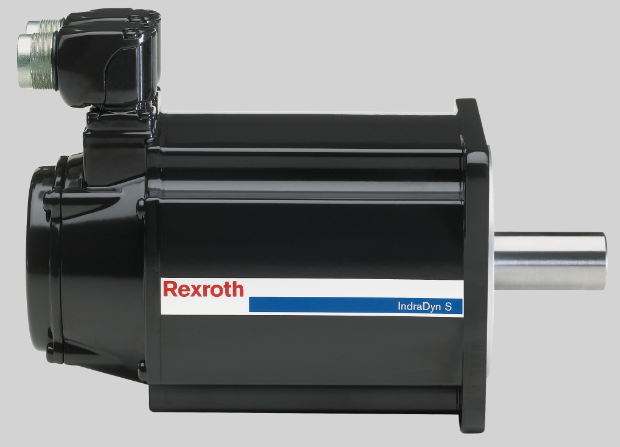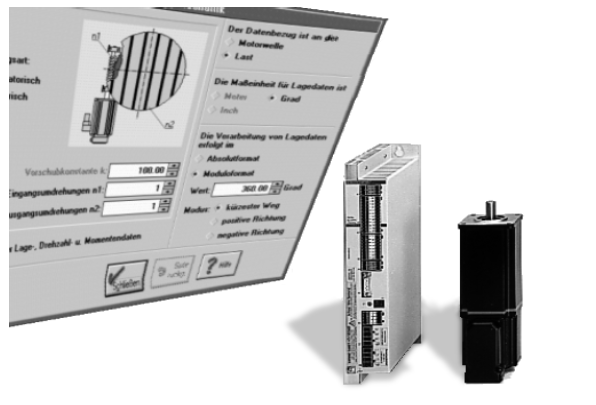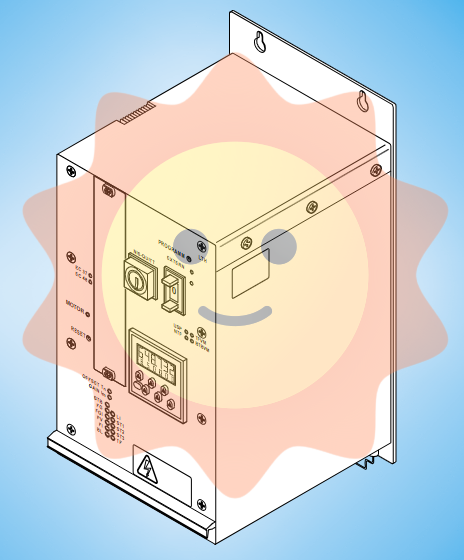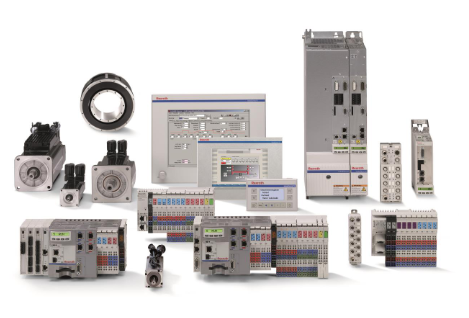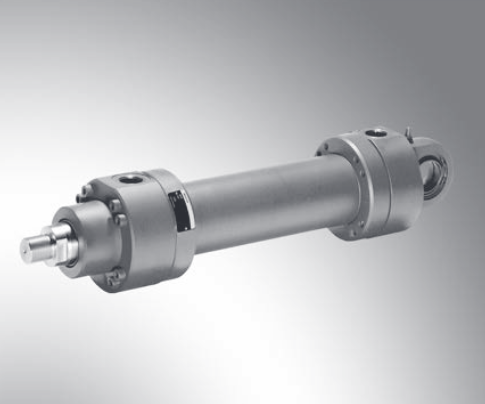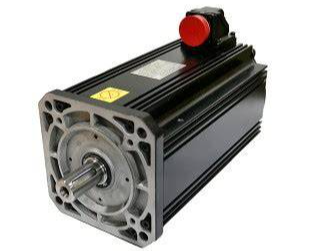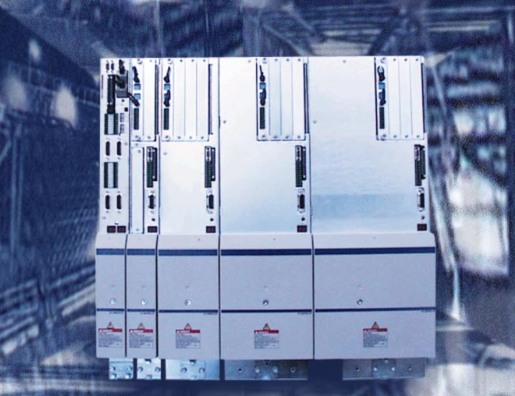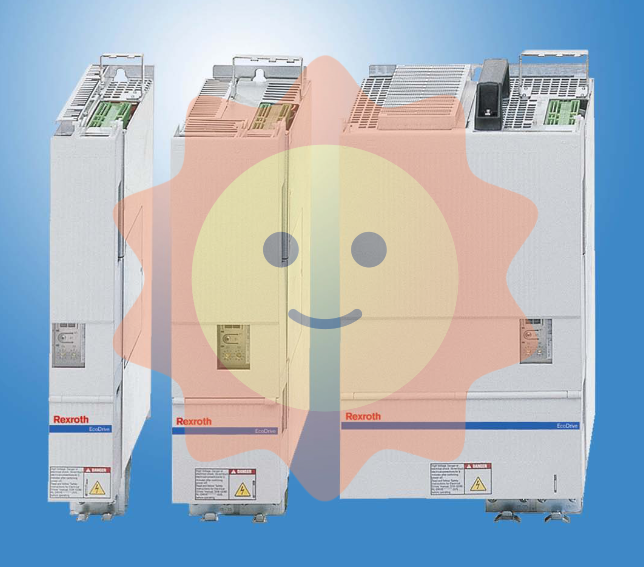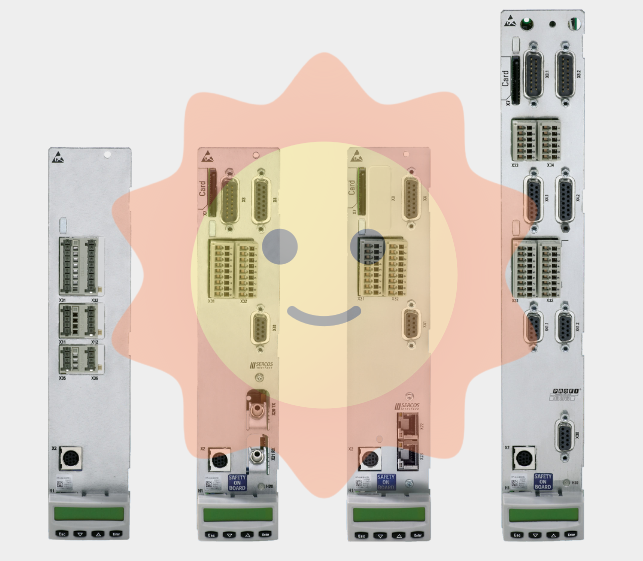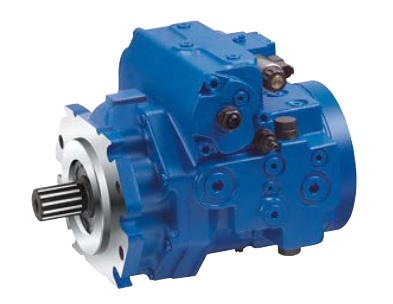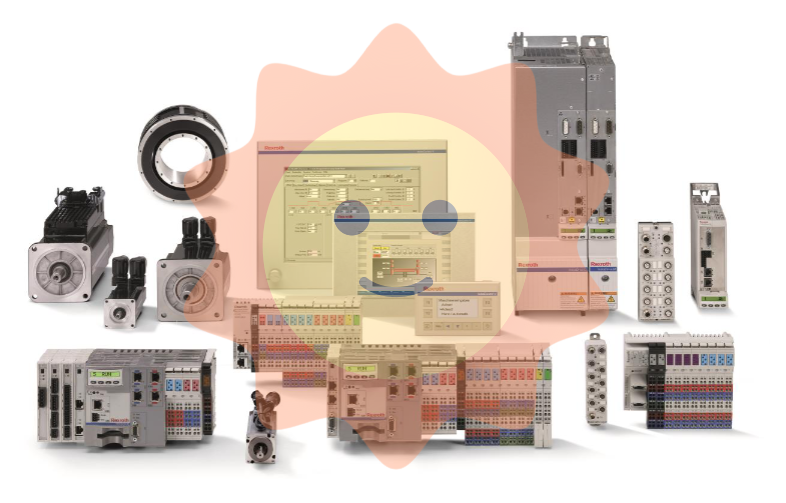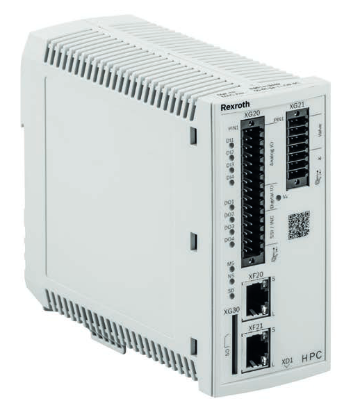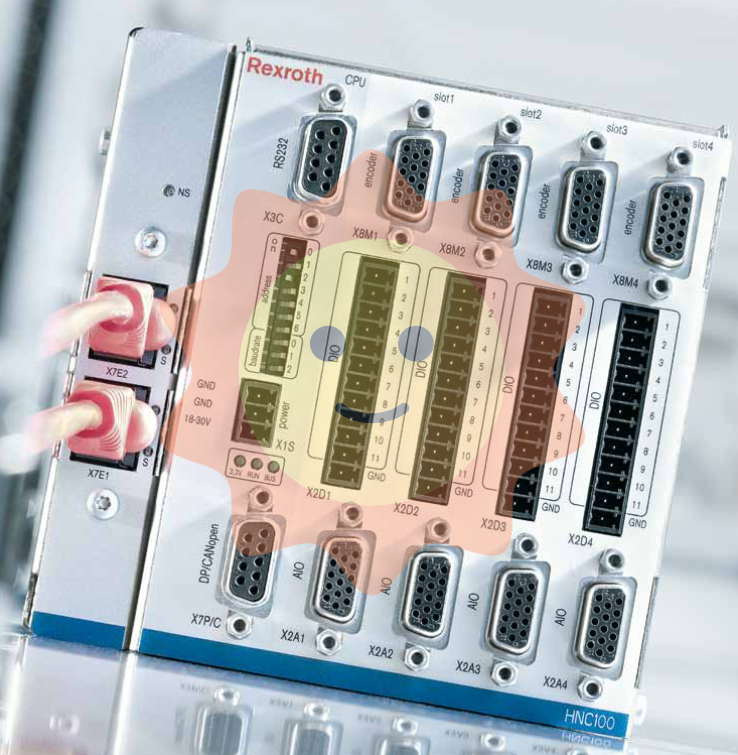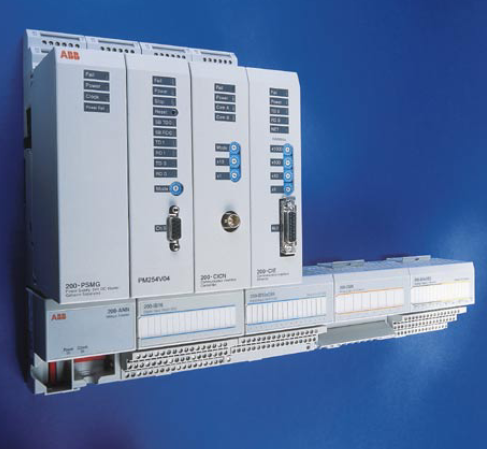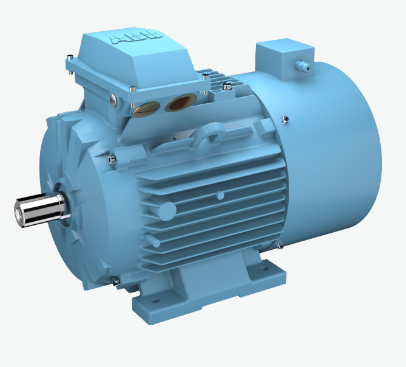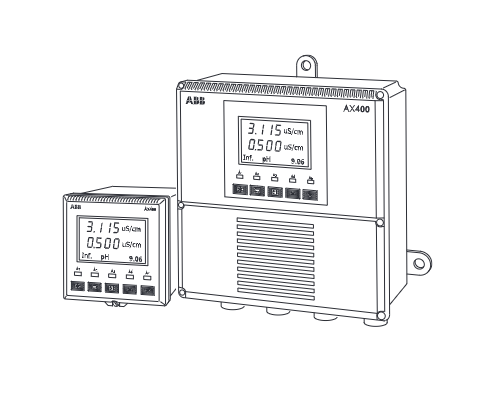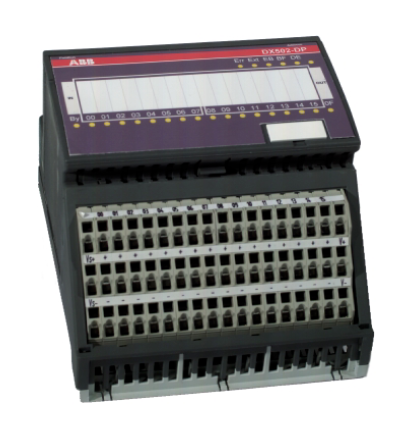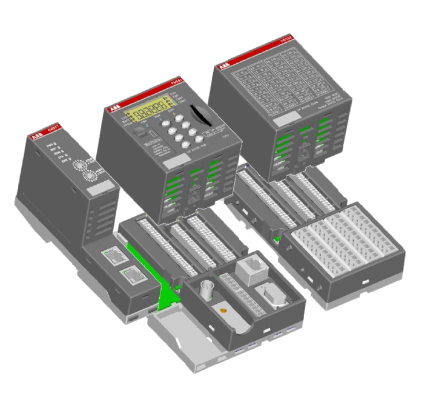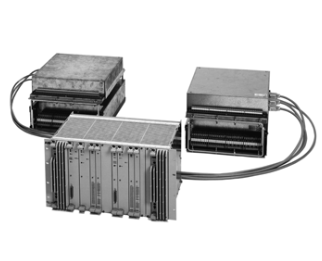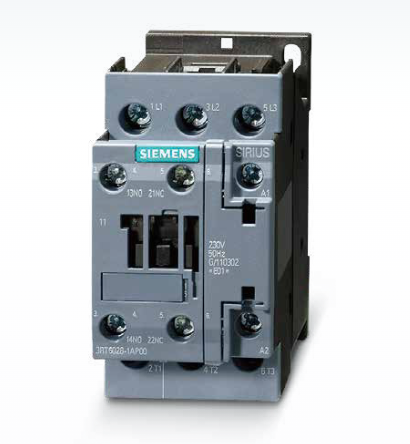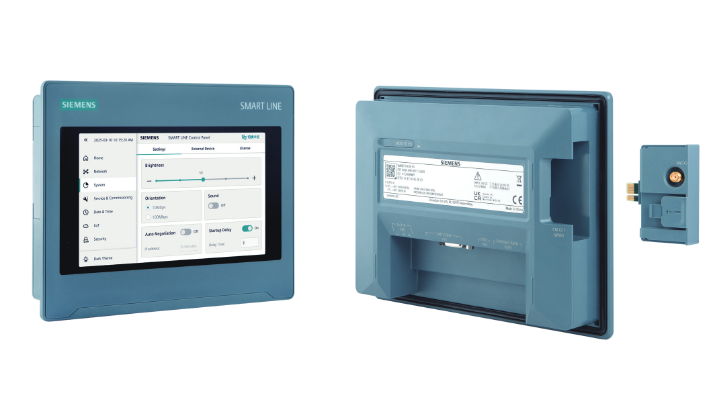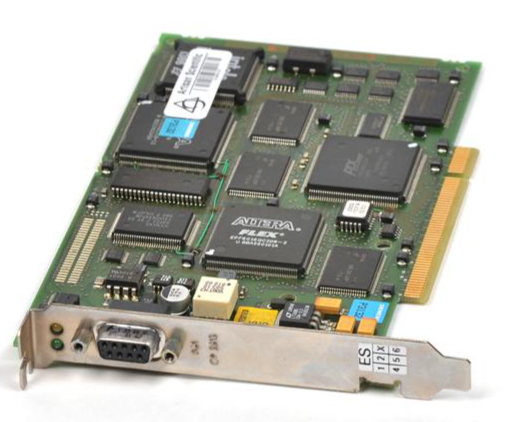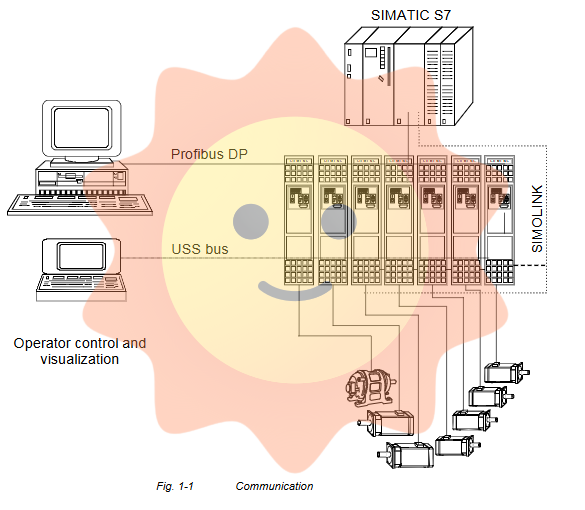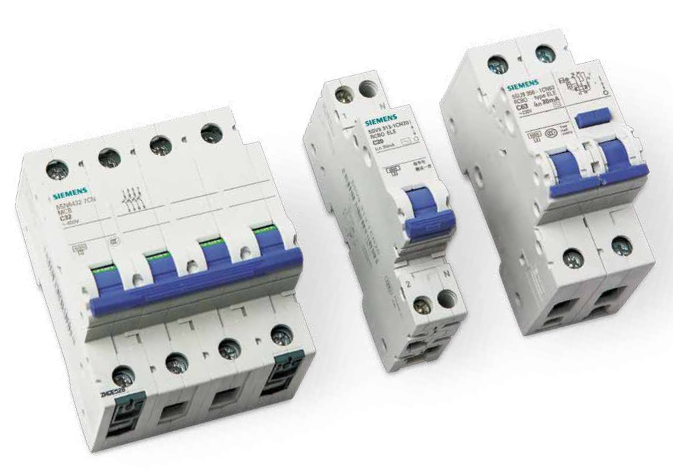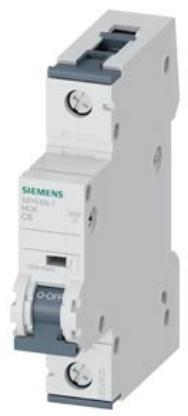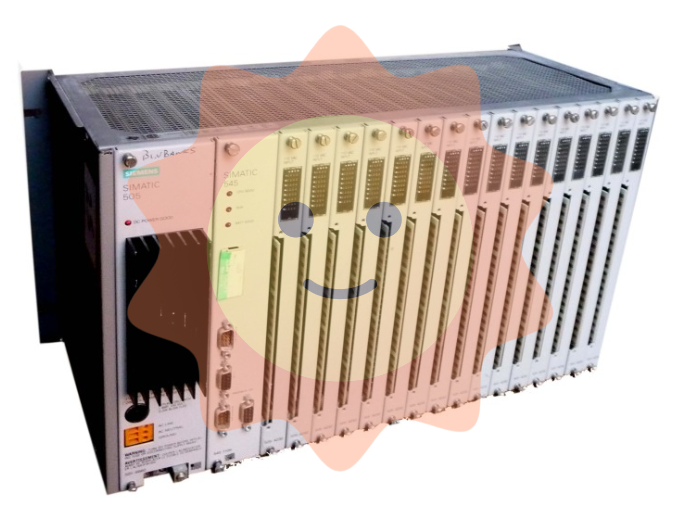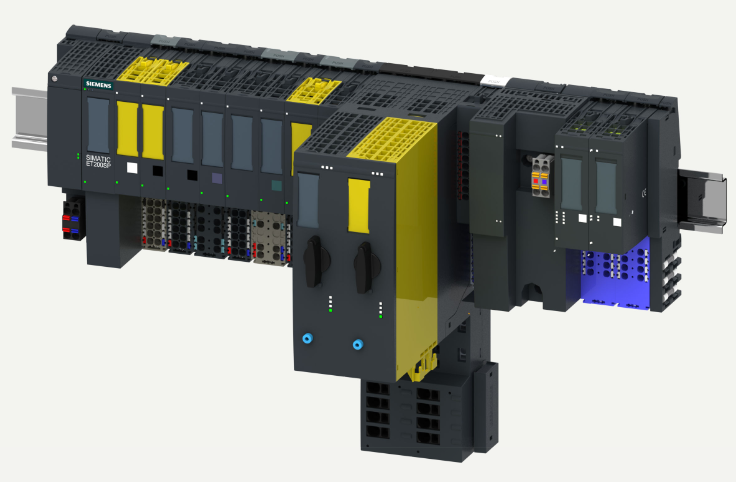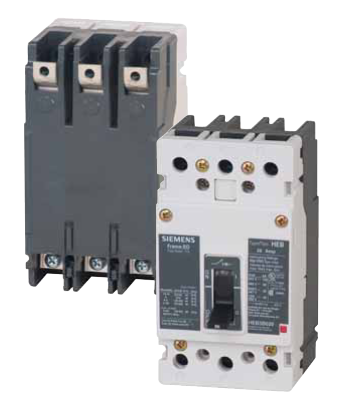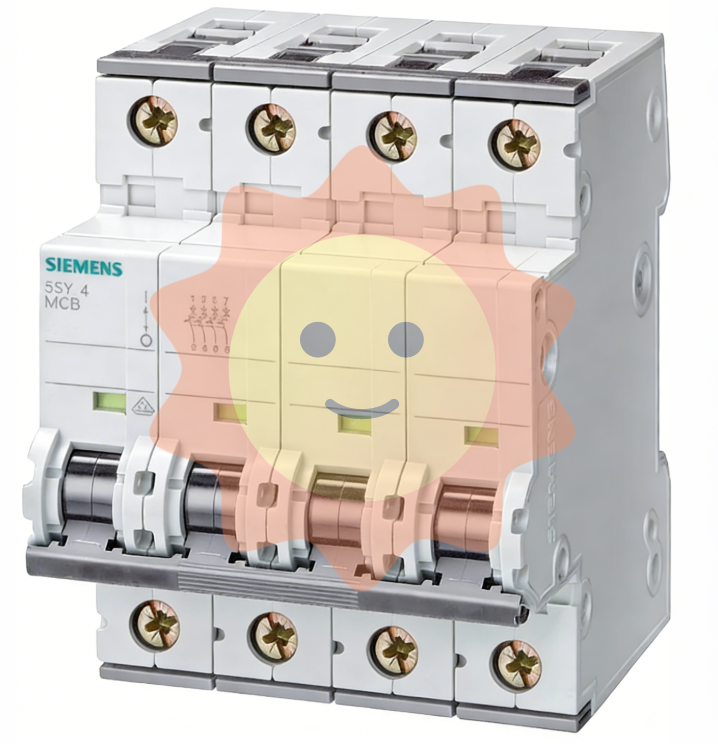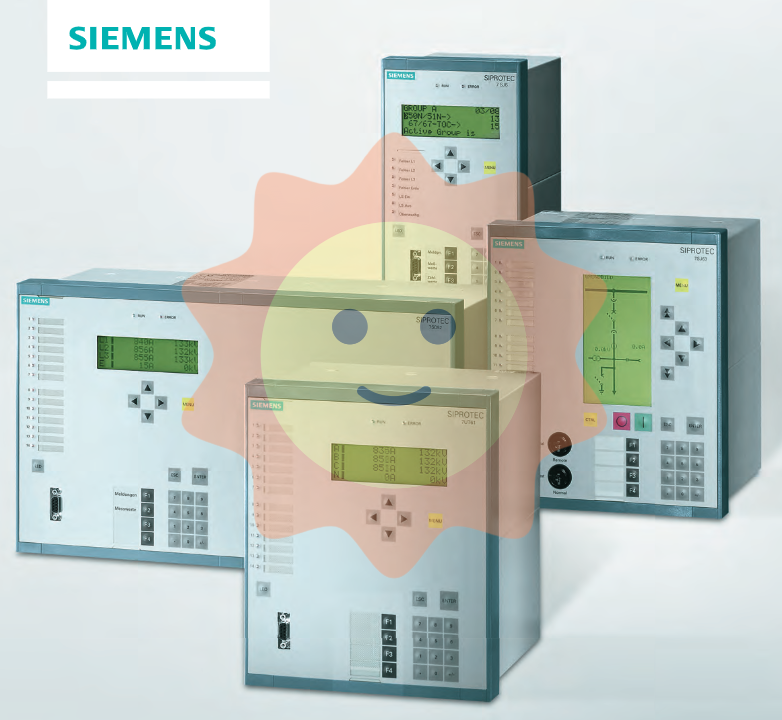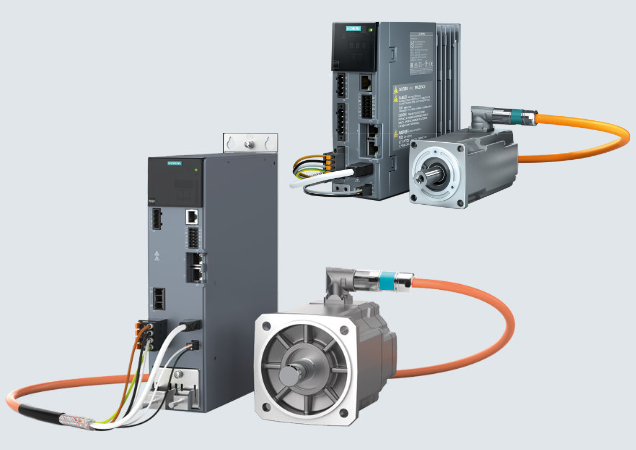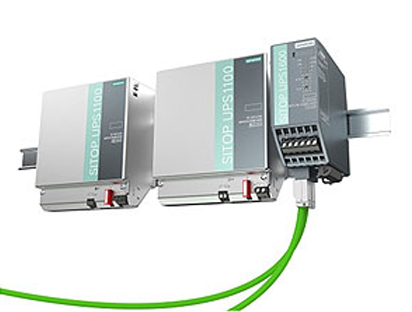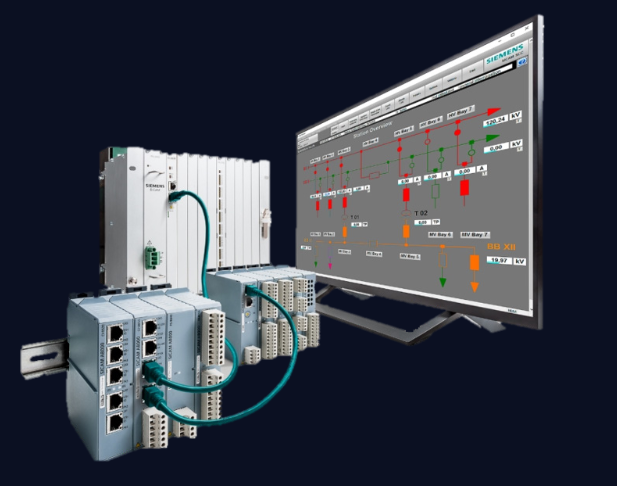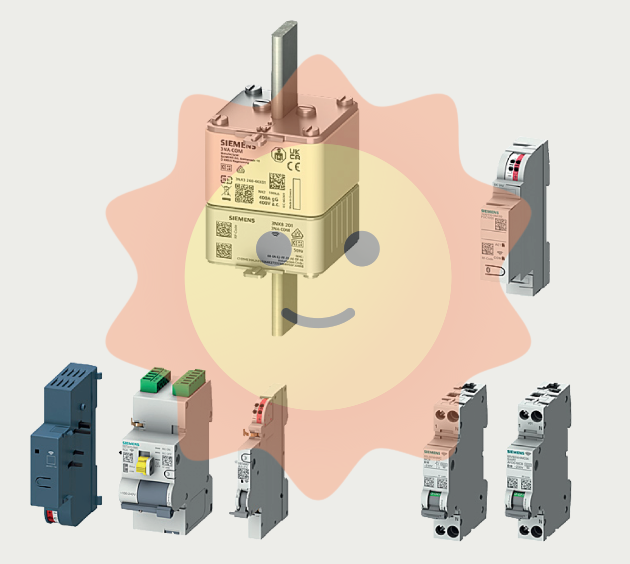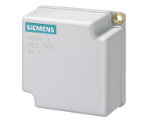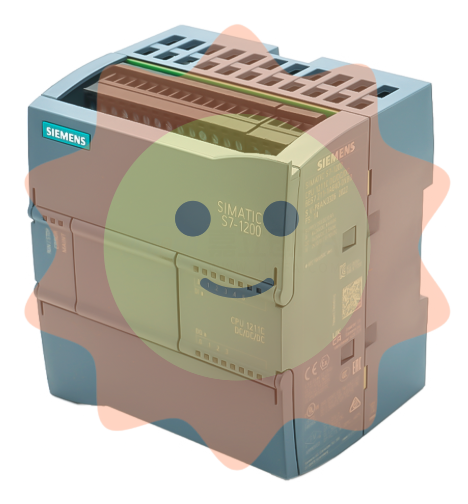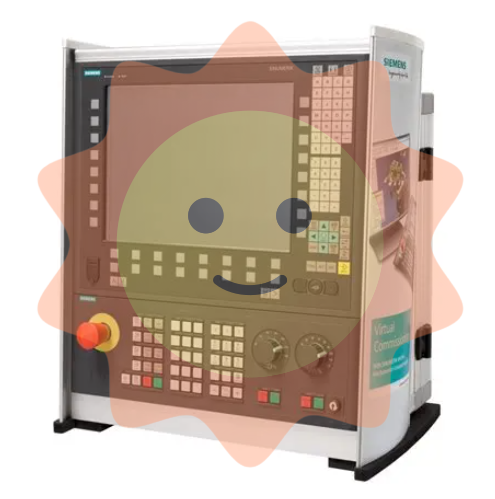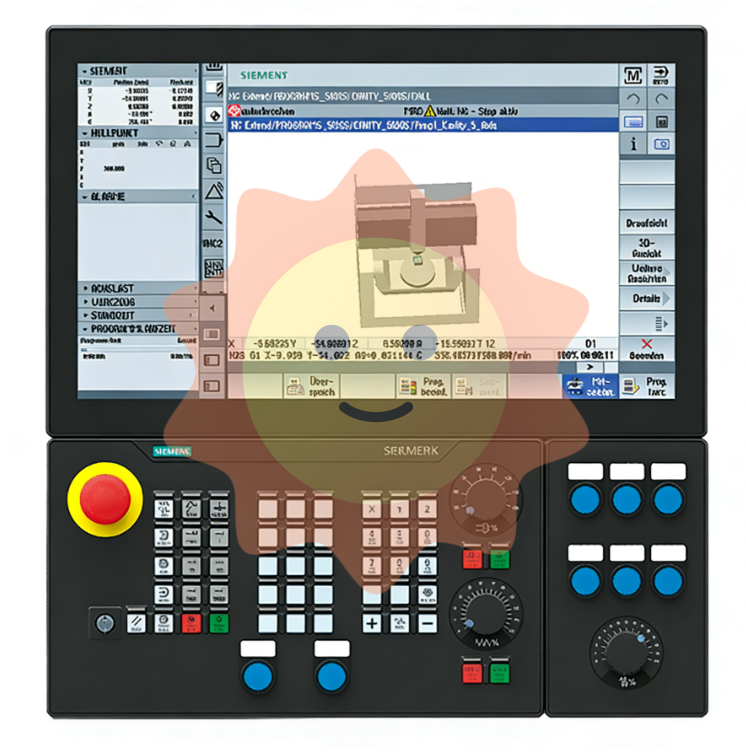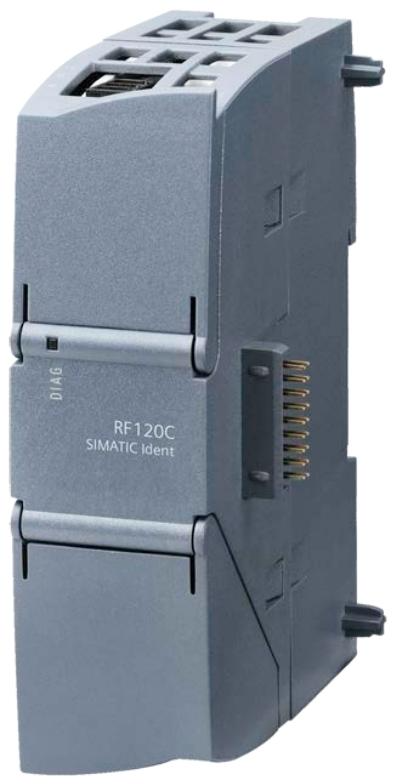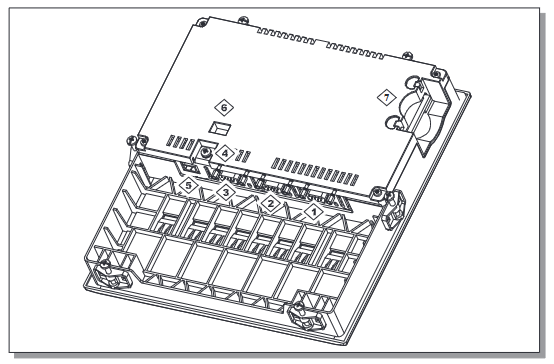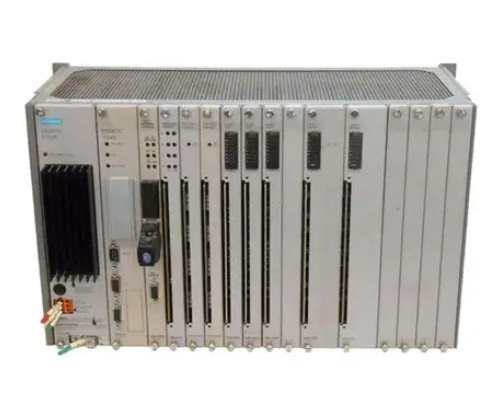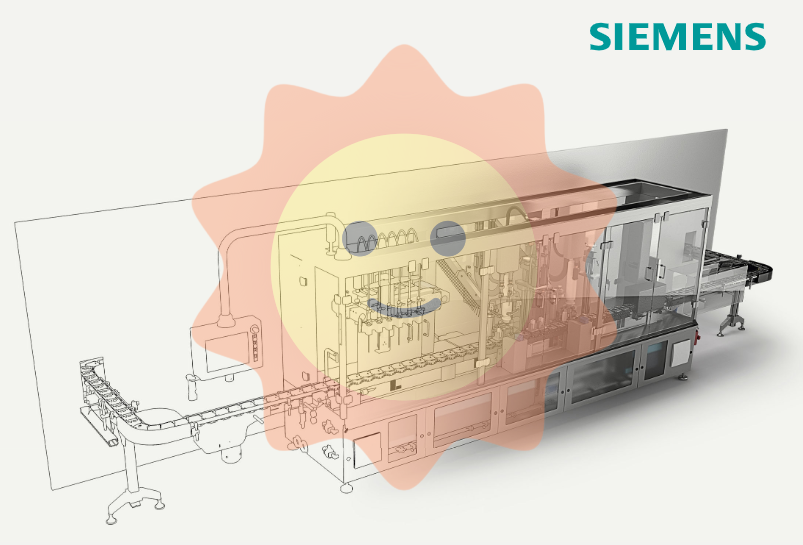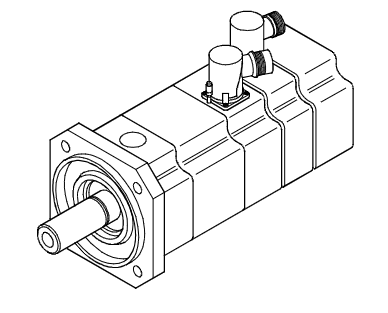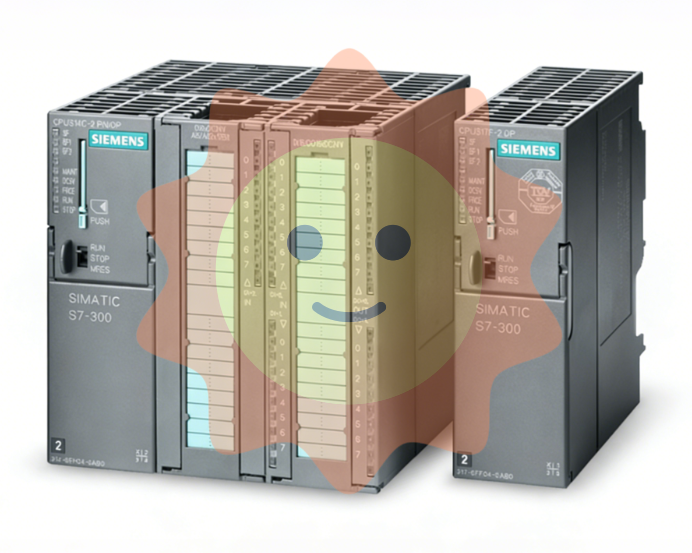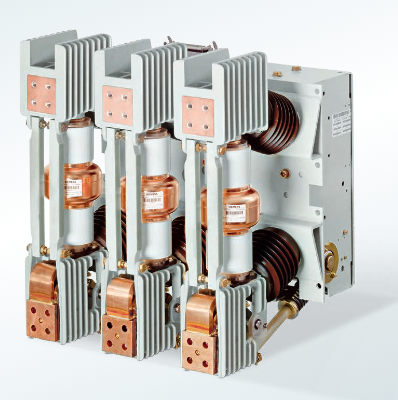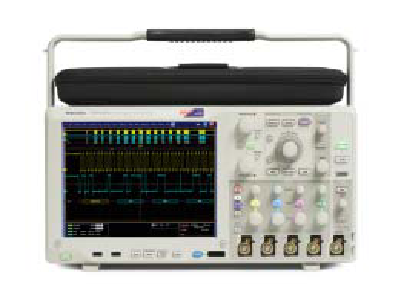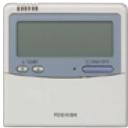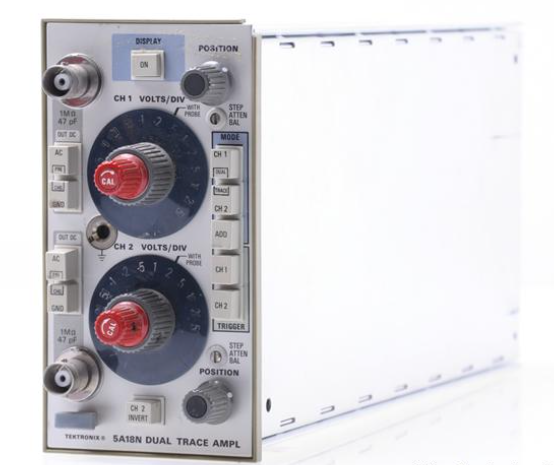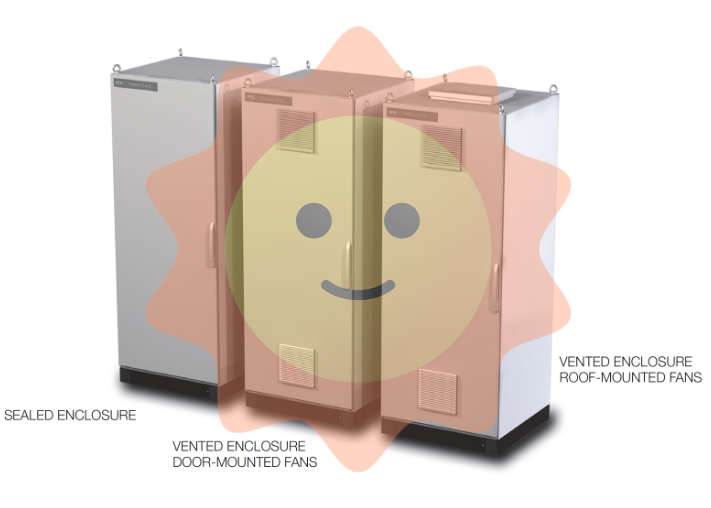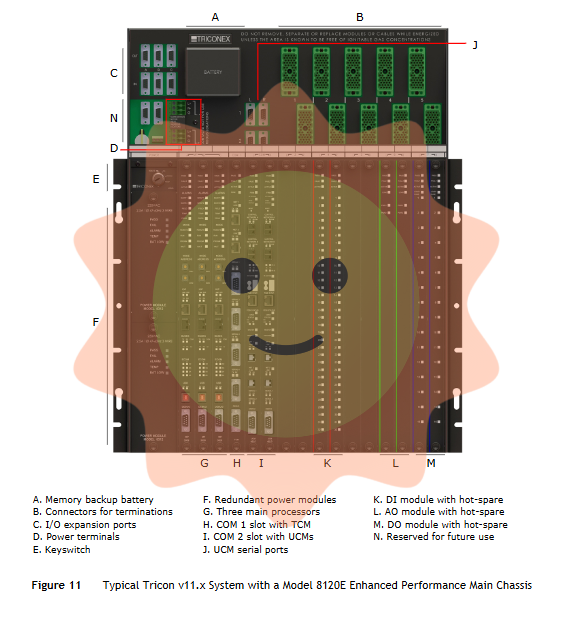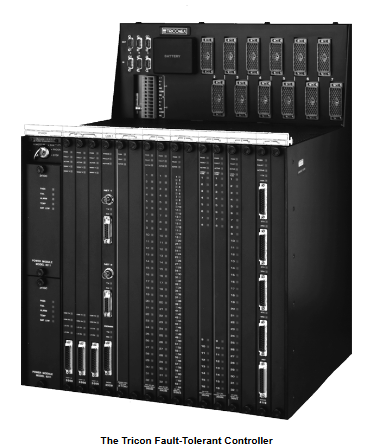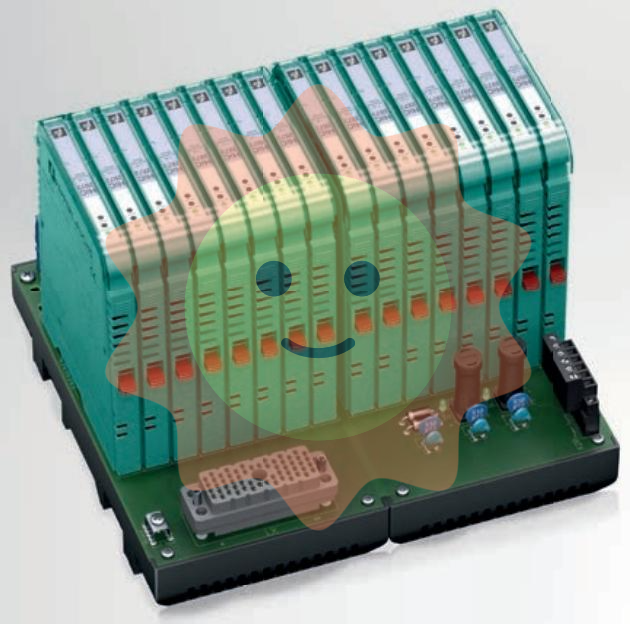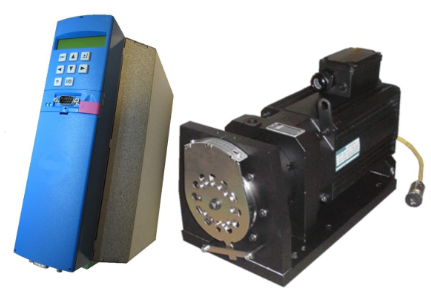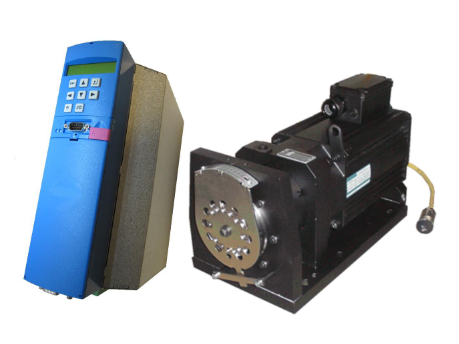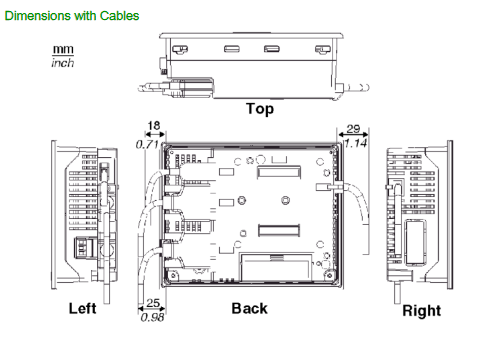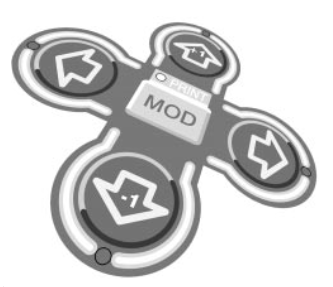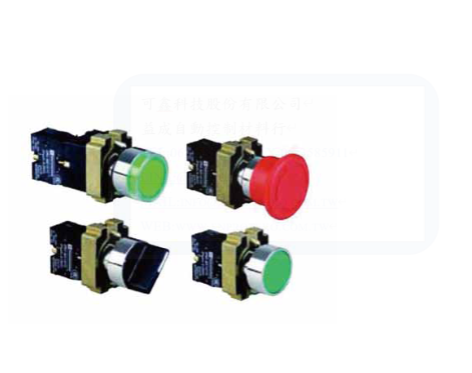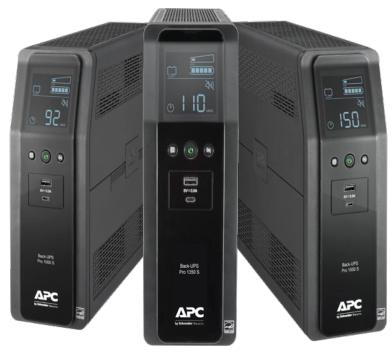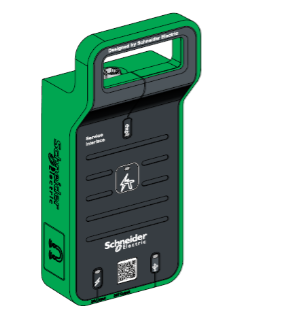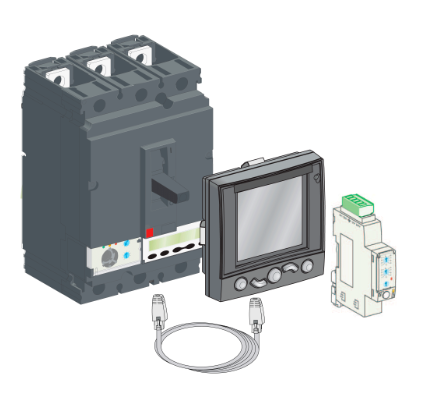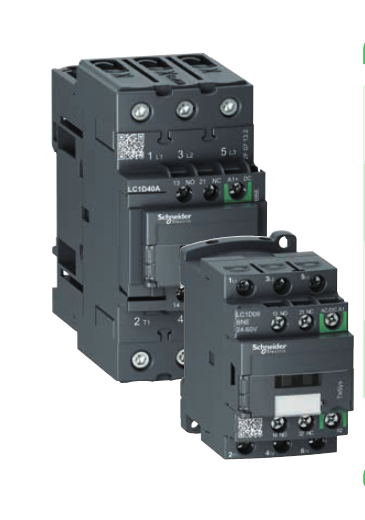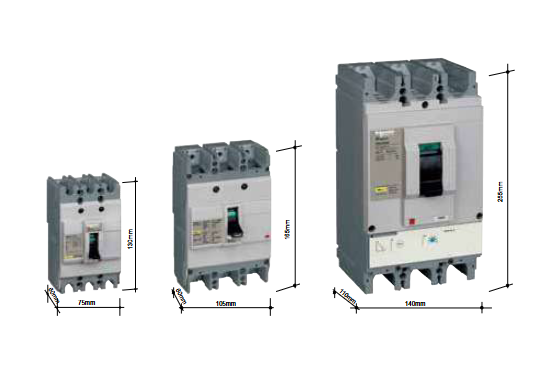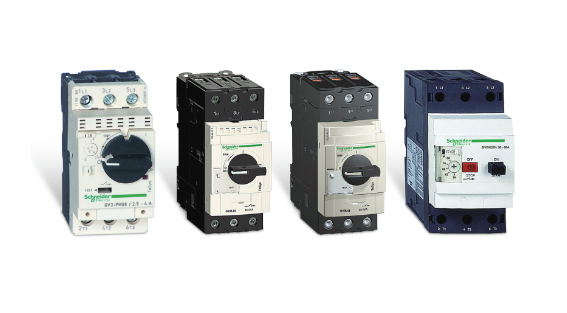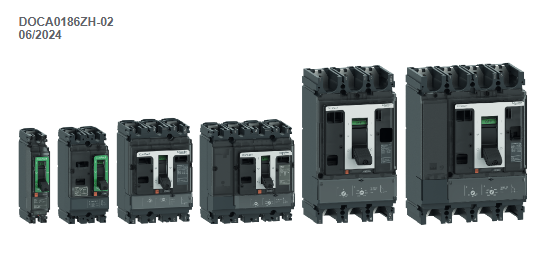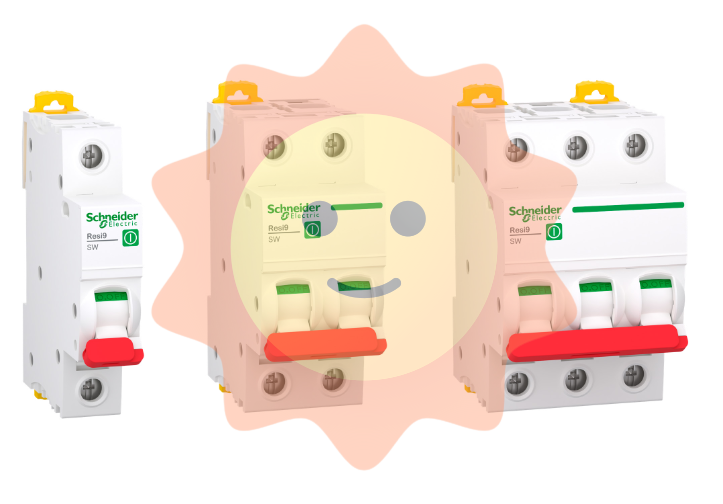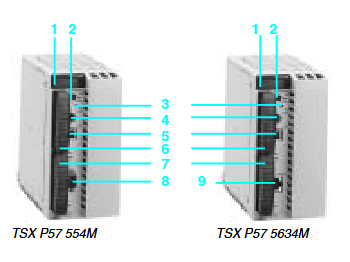NI PXI-8461 Fault-tolerant controller area network (CAN) interface
NI PXI-8461 Fault-tolerant controller area network (CAN) interface
Overview
The NI PXI - 8186 is a CompactPCI (cPCI) embedded computer designed to provide a reliable and high - performance computing platform within the PXI (PCI eXtensions for Instrumentation) modular instrumentation system. It serves as the central control unit for a wide range of test, measurement, and automation applications.
Functionality and Features
High - Performance Processing
The PXI - 8186 is equipped with a powerful processor. The specific processor type and speed vary depending on the model, but it generally offers high - speed computing capabilities suitable for handling complex data - processing tasks. For example, it can quickly process large amounts of data acquired from various PXI - based measurement instruments such as oscilloscopes, data - acquisition cards, and spectrum analyzers. This allows for real - time analysis and decision - making in applications such as automated test systems and industrial - process monitoring.
Memory and Storage Capabilities
The computer has a significant amount of memory, including both random - access memory (RAM) and non - volatile storage. The RAM capacity enables the efficient running of operating systems and application software. The non - volatile storage, such as hard drives or solid - state drives (SSDs), provides space for storing the operating system, application programs, and acquired data. The storage capacity and speed are important for applications that require the storage and retrieval of large datasets, such as in long - term data - logging applications.
Multiple Communication Interfaces
The NI PXI - 8186 features a variety of communication interfaces. It includes standard interfaces such as Ethernet, USB (Universal Serial Bus), and serial ports (e.g., RS - 232). These interfaces enable the computer to communicate with other PXI modules, external devices, and the network. For example, the Ethernet interface allows for remote control and data transfer over a local - area network (LAN), while the USB ports can be used to connect external peripherals such as keyboards, mice, and external storage devices.
Compact and Rugged Design
The embedded computer has a compact form factor, which is a characteristic of the CompactPCI standard. This allows it to fit into the PXI chassis along with other modules, saving space and providing a modular and integrated system architecture. The design is also rugged, with the ability to withstand the vibrations, shocks, and temperature variations typically encountered in industrial and test - environment settings. This ensures reliable operation and a long - service life.
Technical Specifications
Processor and Memory Specifications
The processor's clock speed, number of cores, and cache - memory size are precisely defined. The RAM capacity can range from a few gigabytes to a larger amount depending on the model. The memory - bus speed and the type of memory (e.g., DDR3, DDR4) also affect the overall performance of the computer. The non - volatile storage capacity and its interface type (e.g., SATA, PCIe - based SSD) are important for data - storage applications.
Communication - Interface Specifications
Each communication interface has its own set of specifications. For the Ethernet interface, details such as the supported Ethernet standards (e.g., 10/100/1000 Mbps), the number of Ethernet ports, and the MAC - address - assignment capabilities are specified. The USB ports have details about the USB versions supported (e.g., USB 2.0, USB 3.0), the number of ports, and the maximum power - output per port for charging external devices. The serial - port specifications include details such as the baud - rate range and the data - bit, stop - bit, and parity - bit settings.
Power - Supply and Environmental Specifications
The PXI - 8186 requires a specific power - supply input, usually in the form of a DC voltage with a defined range. The power - consumption characteristics of the computer are important for power - budgeting and - management in the PXI - chassis environment. The operating temperature range is typically designed to cover a wide range suitable for industrial use, such as from 0°C to 50°C. It also has requirements regarding humidity, vibration tolerance, and electromagnetic - interference (EMI) shielding to ensure reliable operation.
Applications
Automated Test Systems
In automated test systems, the NI PXI - 8186 serves as the central controller. It coordinates the operation of various test instruments such as signal generators, power supplies, and data - acquisition modules. It can run test - software applications that control the test sequence, collect and analyze data, and generate test reports. For example, in an electronics - manufacturing - quality - control environment, it can manage the testing of printed - circuit boards (PCBs) by controlling the test equipment and processing the measurement results.
Industrial - Process Monitoring and Control
In industrial - process - monitoring applications, the embedded computer can collect data from sensors connected to PXI - based data - acquisition modules. It can then process and analyze the data to monitor the status of industrial processes such as temperature, pressure, and flow - rate control in chemical plants or manufacturing facilities. Based on the analysis, it can send control commands to actuators to adjust the process parameters and maintain optimal operating conditions.
Research and Development Laboratories
In research and development laboratories, the PXI - 8186 provides a computing platform for experimental setups. It can control and acquire data from a wide range of laboratory - equipment such as spectrometers, lasers, and electro - physical - measurement instruments. The ability to interface with multiple devices and the high - performance computing capabilities make it suitable for applications such as material - science research, biomedical - experimentation, and electronics - R & D.

- User name Member Level Quantity Specification Purchase Date
- Satisfaction :
-










